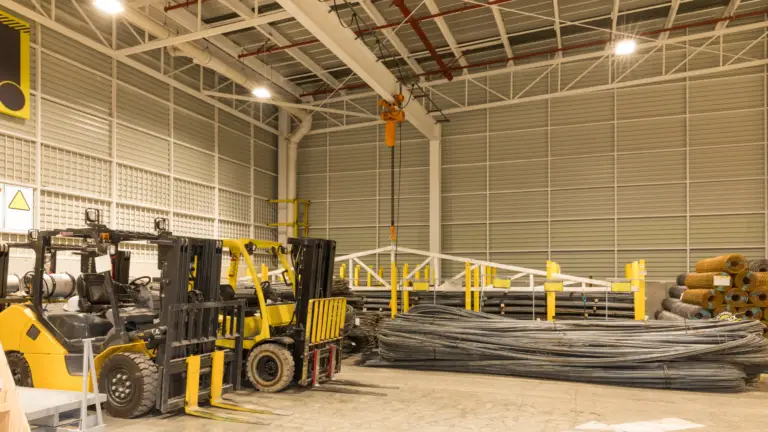The construction industry has undergone a significant transformation in recent years thanks to the adoption of resilient materials and efficient machinery. These key elements have revolutionized the way construction projects are planned and executed worldwide. In this article, we will explore how the combination of resilient materials and efficient machinery has become the engine driving progress in modern construction.
To view AH Construction’s projects click HERE
Introduction to Construction Innovation:
Construction is a dynamic and ever-evolving industry. With the goal of improving the durability, efficiency, and sustainability of structures, significant emphasis has been placed on material innovation and machinery technology. Collaboration between architects, engineers, and manufacturers has led to the development of solutions that withstand the challenges of time and increasing demand.
Resilient Materials:
Resilient materials are designed to withstand stresses and loads while maintaining their structural integrity over time. Notable examples include fiber-reinforced concrete, which enhances resistance to cracking and corrosion, and high-strength metal alloys that provide greater durability in adverse conditions. These materials ensure longer building lifespans and reduce the need for costly maintenance and repairs.
Efficient Machinery:
Efficient machinery in construction not only speeds up the construction process but also reduces resource consumption and the emission of pollutants. Advanced equipment such as hybrid excavators and automated cranes enable tasks to be carried out with greater precision and speed. GPS technology and intelligent control systems optimize the operation of heavy machinery, minimizing material waste and maximizing work efficiency.
Applications in Construction Projects:
The combination of resilient materials and efficient machinery has made a significant impact on a variety of construction projects. From skyscraper construction to the building of bridges and roads, these innovations have enabled the completion of more ambitious projects in less time and with less environmental impact. Moreover, the use of advanced materials in critical infrastructure construction, such as hospitals and data centers, ensures long-term resilience and safety.
Challenges and Overcoming Them:
While the adoption of resilient materials and efficient machinery has been revolutionary, it is not without challenges. The initial investment in these elements can be significant, and training workers to use new machinery may require additional time and resources. However, as the industry embraces these innovations, costs will balance out with long-term benefits, including savings in maintenance and increased operational efficiency.
The Future of Construction:
The synergy between resilient materials and efficient machinery will continue to drive the future of construction. As technological advancements enable the creation of even more resilient materials and machinery becomes more autonomous and precise, construction projects will be carried out more safely, quickly, and sustainably.Resilient materials and efficient machinery are the cornerstones of modern construction. Together, they have redefined the boundaries of what is possible in terms of durability, efficiency, and sustainability in the construction industry. By embracing these innovations, the industry is poised to tackle the challenges of the future and continue building a more solid and resilient world.
For more information about AH construction click HERE




